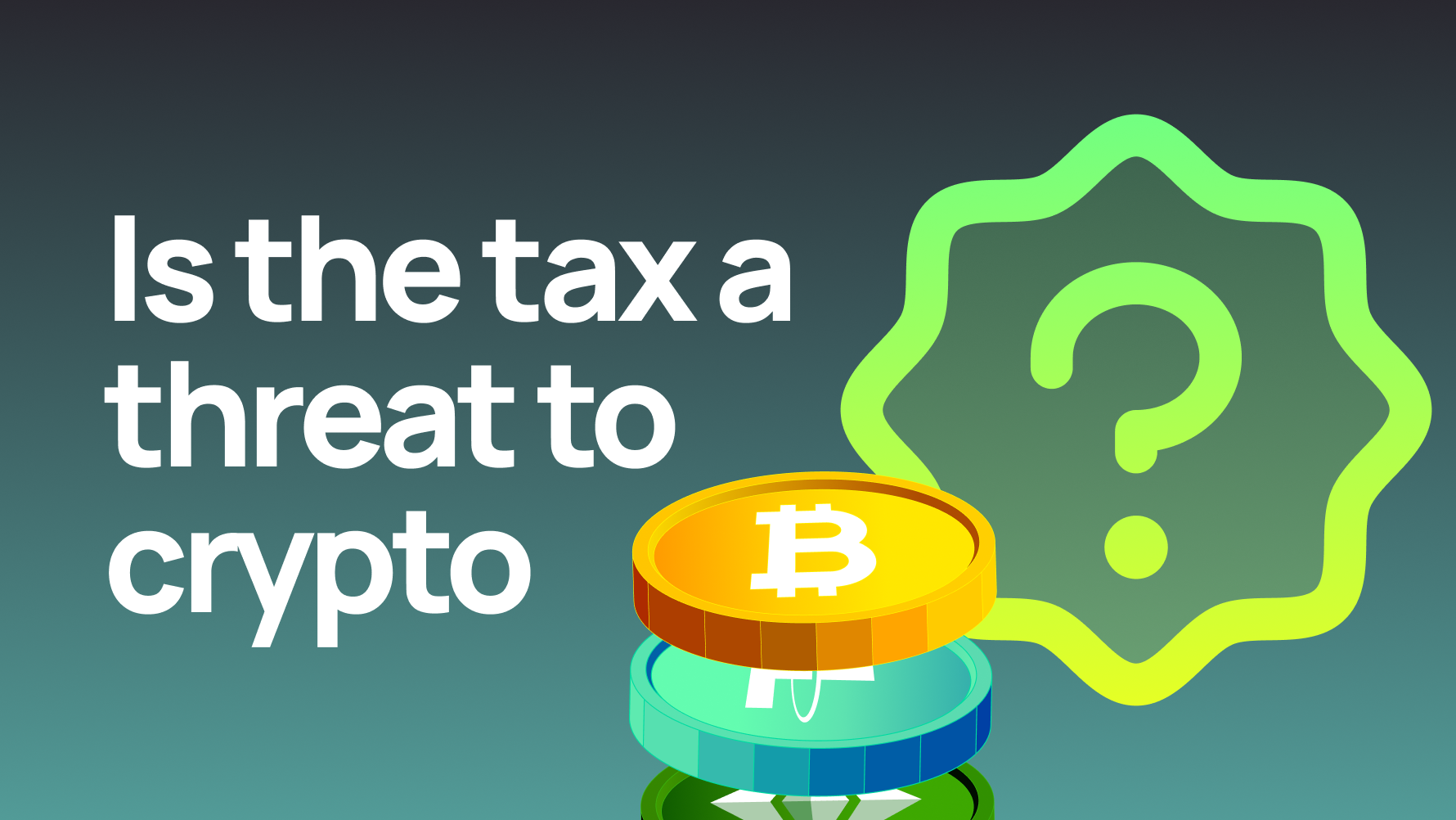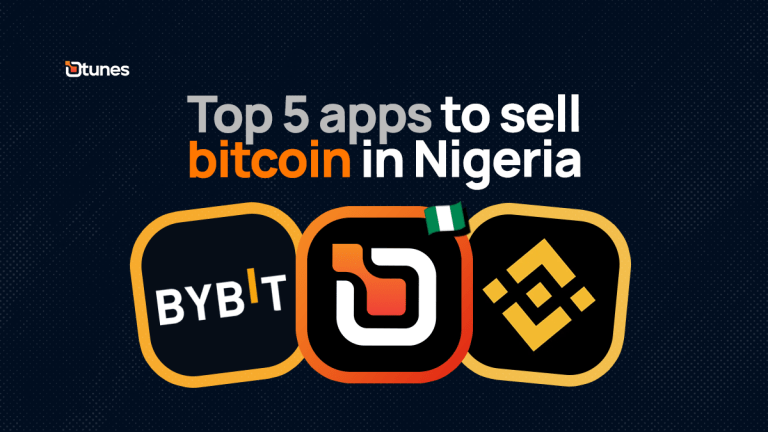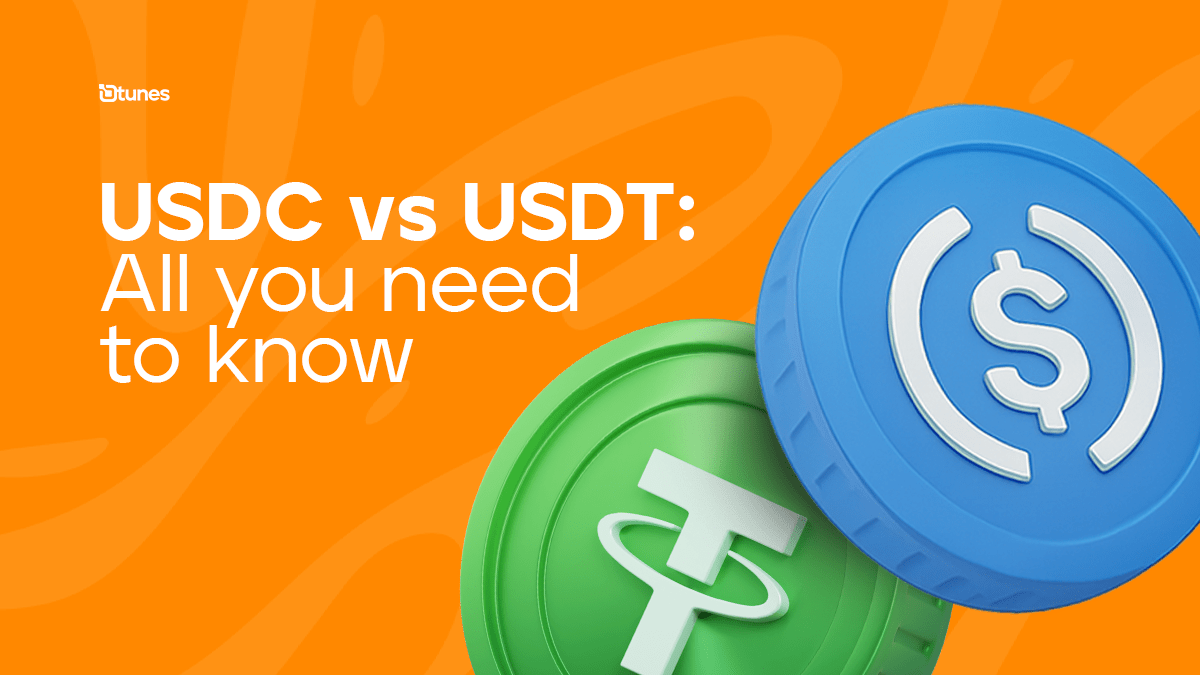
USDC vs USDT: All You Need To Know
Stablecoins bring stability to the chaotic and volatile world of crypto, they are the bridge between traditional money and cryptocurrencies.
USDC (USD Coin) and USDT (Tether) are both popular stablecoins in the crypto world and they dominate the global landscape. USDC, short for USD Coin, while USDT is short for Tether. So, which stablecoin should you trust with your money especially if you’re in Nigeria? Both are widely used by Nigerian crypto users for trading, savings, and conversions to naira on platforms like Dtunes, but they operate very differently under the hood.
Read More
- How to Sell Tron (TRX) in Nigeria
- How to Sell Bitcoin Cash (BCH) in Nigeria: The Expert’s Guide
- How to sell USDT TRC-20 in Nigeria
- How to Sell Litecoin For Cash In Nigeria
- What is Ethereum, Smart Contracts, Gas Fees, Mining & Use Cases
This article compares both stablecoins and how they work in the real-life Nigerian market, so you can make a decision that fits your needs.
Key Takeaways
- Understanding how you plan to use a stablecoin is more important than choosing the most popular one.
- USDC and USDT may both be pegged the U.S. dollar, but they are built for different purposes and risk profiles.
- Transparency and regulation matter more for long-term holders, while liquidity and speed matter more for active traders.
- In Nigeria, usage patterns often differ from global trends due to liquidity and conversion speed.
- Understanding how you plan to use a stablecoin is more important than choosing the most popular one.
USDT vs USDC
You might have heard of USDC and USDT and assumed they’re just two versions of the same digital dollars that don’t bounce up and down like Bitcoin. But there’s a difference between these two giants and if you are in Nigeria and want to hold, trade or convert these cryptocurrencies to naira, it is important you understand these differences to avoid recording losses.
USDC is transparent, regulated, and trusted by institutions, while USDT is dominant, fast-moving, and perfect for high liquidity.
For Nigerians, both stablecoins can be converted to naira instantly and safely using Dtunes, a trusted crypto off-ramp platform.
Hold up, there’s more.
When it comes to USDC vs USDT, which one should you hold, trade, or transfer? Many experienced users hold both, using each for different purposes.
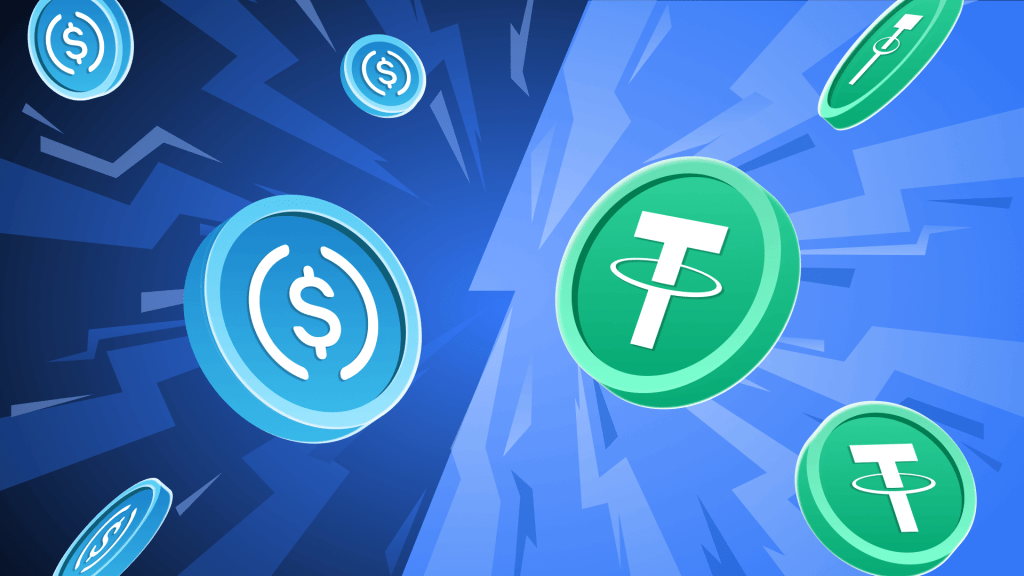
USDC vs USDT: Comparison Table
| Feature | USDC | USDT |
| Issuer | Circle (U.S.-based) | Tether Limited (Hong Kong-based) |
| Regulation | U.S. regulated | Loosely regulated |
| Reserve Backing | Cash & U.S. Treasuries | Cash, securities, and other assets |
| Transparency | Monthly attestations | Quarterly reports |
| Audit Availability | Conducted by top firms (e.g., Deloitte) | None (only attestations) |
| Adoption Level | High in DeFi and U.S. markets | Highest globally, especially in Asia |
| Speed and Accessibility | Fast but slightly less adopted | Very fast and widely accepted |
| Blockchain Support | Ethereum, Solana, Base, Avalanche, etc | Ethereum, Tron, BNB Chain, and more |
| Best For | Savings, DeFi, regulated platforms | Trading, cross-border, high liquidity |
What is USDC?
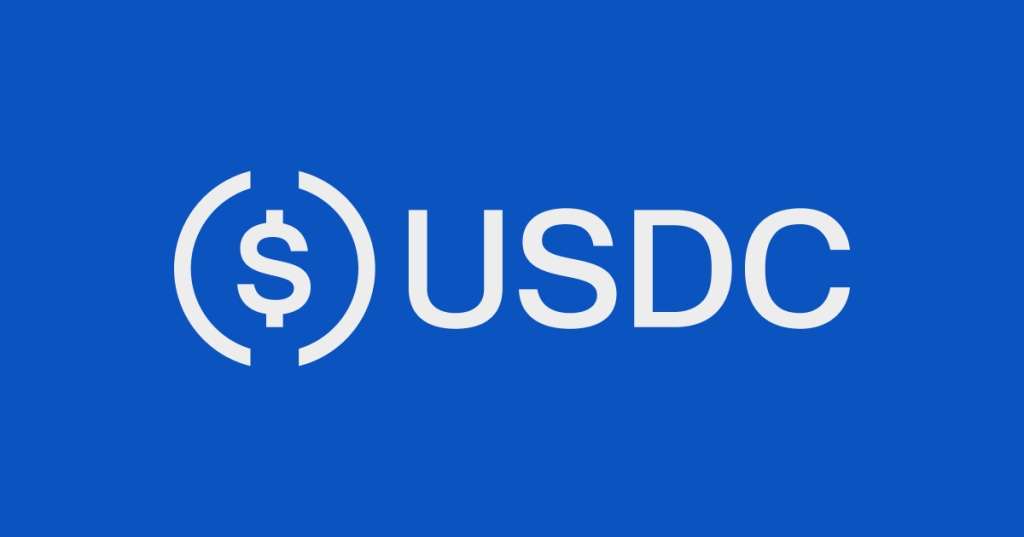
USDC is short for USD Coin. It was launched by Circle in partnership with Coinbase, two major U.S. companies. It was designed to be simple, safe, and easy to trust. Each USDC token is backed by one U.S. dollar or an equivalent held in cash or short-term Treasuries.
USDC stands out because:
- It is regulated under U.S. financial laws, which already puts it in a different category from many other stablecoins. That regulation means the company behind it can’t just operate in the shadows; it has to meet reporting and compliance standards that are publicly enforced
- Monthly reserve attestations published publicly that detail how each token is backed, offering users visibility into reserve composition and asset quality. These reports are reviewed by independent accounting firms, so users aren’t just asked to “trust the peg” they can actually see the numbers.
- It is also backed through established financial institutions rather than informal or unclear custodians. This matters more than people realize, especially during periods of market stress, because it reduces the risk of funds being inaccessible when redemptions spike.
- It is backed primarily by cash and short-term U.S. Treasury securities, which are among the most liquid and lowest-risk assets available. This makes it easier to maintain stability and meet withdrawals without delays when the market gets shaky.
Circle, the company behind USDC, has always been focused on trust and compliance. That’s why institutional investors and DeFi platforms like Aave and Compound often prefer USDC.
USDC is fully backed by dollars and it reserves are held in U.S. banks and short-term government securities, verified monthly by third-party auditors.
What is USDT?
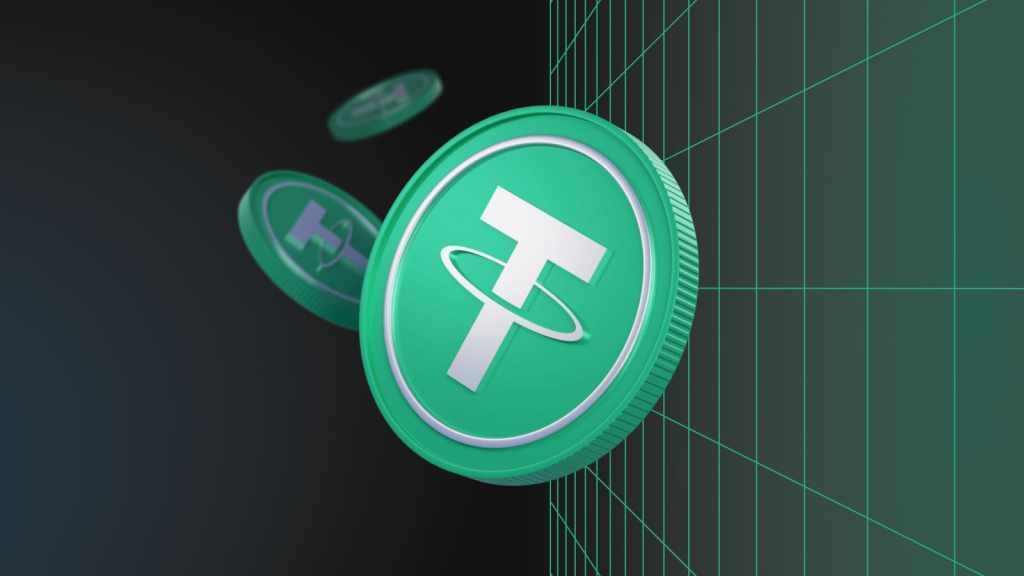
Read More
- How to Sell Ethereum In Nigeria At The Best Rate
- How to Make Money with Crypto Without Trading
- 10 Factors for Choosing the Best Crypto Wallet in Nigeria
- The Best Prestmit Alternative to Sell Bitcoin in Nigeria
- 5 P2P Apps to Sell USDT in Nigeria Fast
- Dtunes: Best app to sell USDT in Nigeria
USDT, or Tether, was the first major stablecoin. Despite criticisms, it’s still the most traded stablecoin on the planet. With billions in daily volume, it powers most crypto trades on leading exchanges such as Binance, OKX, and Bybit.
But USDT’s popularity comes with controversy, such as:
- Lack of transparency: Tether has often shared limited details about what fully backs its tokens, which has made some users uneasy, especially when compared to more disclosure-heavy alternatives.
- Past legal troubles: Tether has faced fines from U.S. authorities, including the CFTC and the New York Attorney General, related to how its reserves were previously represented. While the company has since adjusted its reporting approach, those cases still arise in discussions about trust.
- No full audits: Tether releases periodic assurance reports, but they don’t provide the same depth or frequency as full audits, leaving gaps for users seeking complete visibility.
- Reserve composition changes: In the past, it included assets like commercial paper, which carry more risk than cash or government securities. Although the company has shifted toward more conservative holdings, this history is part of why USDT continues to attract scrutiny.
Despite all this, USDT is still widely trusted by traders because it’s everywhere, especially in non-U.S. markets like Asia, Africa, and Latin America, where crypto is used for real-world payments and savings.
USDC vs USDT: Which Stablecoin Is Better?
It depends entirely on what you need from a stablecoin.
In Nigeria, the choice between USDC and USDT often boils down to how you actually use crypto, not just how it’s positioned globally.
USDC is usually a better fit if you’re holding stablecoins as savings, using DeFi platforms, or prioritising transparency and clarity. For users who prefer a more conservative approach or want clearer insight into how their funds are backed, USDC offers more peace of mind, even if it’s not the most dominant coin locally.
USDT, however, is more common in everyday crypto activity across Nigeria. It’s widely accepted on exchanges, moves faster across popular networks, and is often easier to convert to naira during active market periods. Traders moving funds frequently tend to lean toward USDT because of its liquidity and accessibility.
For an average Nigerian user, the ideal approach is to use USDT when you are transacting actively and USDC when you are concerned with holding value long-term. This invariably allows you to benefit from both speed and stability, depending on your situation.
Risks You Should Know Before Choosing Either Stablecoin
The truth is, no stablecoin is truly risk-free.
In March 2023, USDC temporarily lost its peg due to exposure to Silicon Valley Bank’s collapse. It rebounded, but it was a wake-up call.
USDT, on the other hand, has faced regulatory heat and public doubt but still powers much of the crypto economy.
So, your best bet is to diversify, stay informed, and never blindly trust any “stable” asset.
Common Mistakes People Make with Stablecoins
This is where many users go wrong:
Using platforms with slow or unreliable naira conversion, this can switch your stablecoin into an unstable one with a frustrating experience when you need access to your funds.
Assuming all stablecoins carry equal risk just because they are pegged to the dollar. In reality, a stablecoin’s backing and how it is managed is what to look out for especially during market stress.
Holding only one stablecoin, this might feel like a simple option, however, relying on only one option removes flexibility and increases exposure if anything goes wrong with that currency.
Ignoring reserve transparency, if you do not know what is backing a stablecoin and how often you get information regarding that, you are operating on blind trust, which is high risk.
How to Convert USDC and USDT in Nigeria?
Both USDC and USDT can be converted to naira using reputable platforms.
Instead of peer-to-peer delays, many users prefer instant conversion platforms like Dtunes, which support both stablecoins.
Dtunes is a trusted platform that makes buying stablecoins fast, secure, and beginner-friendly.
How to Sell USDC or USDT on Dtunes
The following are the steps to sell USDC or USDT in Nigeria on Dtunes
- Download the Dtunes app from Google store or app store.
- Sign up using your email and create a strong password, this is to keep your account protected from unauthorized access.
- Add your bank details and set up a secure PIN. This ensures you can withdraw your funds safely and easily whenever you need.
- Tap “Trade Crypto” from the app dashboard.
- Select USDC or USDT as the coin to sell.
- Enter the amount you want to convert. Double-check to avoid sending the wrong amount.
- Copy the wallet address and send your USDC or USDT. Always verify the address before sending to prevent mistakes.
- Wait for confirmation that your transaction went through, this usually happens within a few minutes depending on network speed.
- Once confirmation, the Naira will appear in your Dtunes wallet.
- Withdraw naira straight to your bank account and use your funds however you want.
What is a stablecoin?
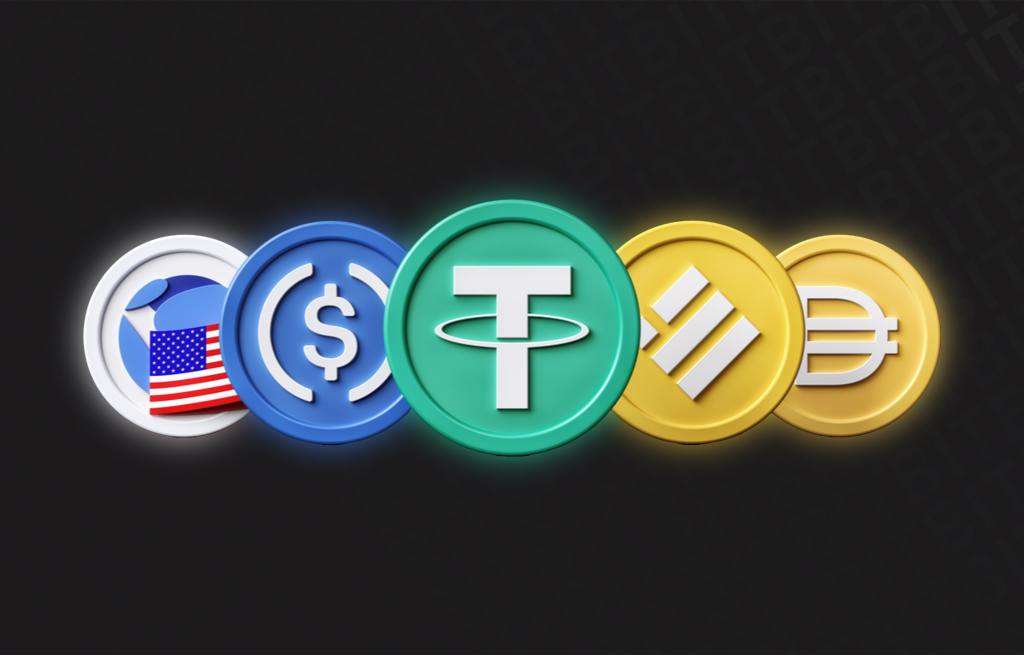
Let’s zoom out for a second.
A stablecoin is a type of cryptocurrency pegged to a stable asset, usually the U.S. dollar. The goal is to offer all the benefits of crypto, including speed, security, and decentralization, without the price swings.
But the catch is the stability part only works if the peg is trusted. If people lose confidence in what backs that coin, it can crash.
That’s why backing, transparency, and trust are everything.
Are Stablecoins really “Stable”
The truth is, no stablecoin is truly risk-free.
In March 2023, USDC temporarily lost its peg due to exposure to Silicon Valley Bank’s collapse. It rebounded, but it was a wake-up call.
USDT, on the other hand, has faced regulatory heat and public doubt but still powers much of the crypto economy.
So your best bet is to diversify, stay informed, and never blindly trust any “stable” asset.
Final Thoughts
USDT and USDC both serve the same basic function of giving you access to U.S. dollar-like stability in the crypto world.
But how they do that and how safely are very different. In crypto, the devil is always in the details. So, take time to understand what’s behind each coin, stay on top of updates from issuers, and don’t just follow the crowd.
When the market gets rocky, your stablecoin might be your most important asset.
FAQs
1. What is the difference between USDT and USDC?
USDC is regulated, more transparent, and preferred by institutions. USDT is more widely used, especially in trading, but has faced criticism for unclear reserves.
2. Which stablecoin is safer?
USDC is generally seen as more secure due to its transparency and U.S. regulatory oversight. However, no stablecoin is completely without risk.
3. Can USDC or USDT lose their peg?
Yes. Both have depegged slightly in rare events. For example, USDC briefly fell to $0.88 during the SVB crisis but recovered quickly. Trust and liquidity play huge roles.
4. Should I hold USDT or USDC long-term?
For long-term holding or saving in DeFi, USDC is typically better due to its cleaner reserve backing. USDT is better suited for high-volume, short-term trading.
5. Can I convert USDT to USDC?
Yes. Most exchanges offer USDT/USDC trading pairs. Conversions are usually instant with small or no fees.


